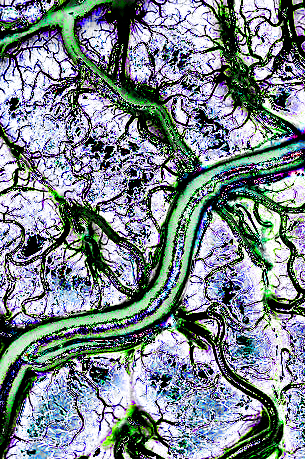Forced ECT rates questioned
 Concerns have been raised about the high rate of forced ECT and low legal representation of mental health patients.
Concerns have been raised about the high rate of forced ECT and low legal representation of mental health patients.
Last year, 620 patients were forced to undergo ECT by the Mental Health Tribunal, which is empowered to do so under the Mental Health Act.
In fact, the Mental Health Tribunal can place people in psychiatric facilities, make them undergo neurosurgery, and even order medications such as lithium or anti-psychotics to be prescribed.
The tribunal can order ECT to be performed if it decides it is necessary but a patient cannot give informed consent, including if they are under 18.
In 2015, six patients aged 16 and 17 were given ECT.
Across all age groups, only 19 per cent of people who appeared before the tribunal were represented by a lawyer.
NSW showed the highest rate of legal representation at 77 per cent, while in Queensland just 4 per cent have lawyers.
Victoria Legal Aid lawyer Chris Povey has told ABC that there are serious human rights implications posed by the compulsory treatment orders, particularly ECT.
“It's hugely concerning that we are forcing people to accept ECT and hundreds are missing out on legal representation,” he said.
“If you have a headache people don't force you to take a Panadol.”
Mr Povey said he had spoken with ane patient whoe was on a compulsory treatment order for 16 years before Legal Aid successfully had it revoked.
“He represents a lot of people who are subject to restrictive orders and the legal assistance helps flush out that he shouldn't have been there,” Mr Povey said.
The Mental Health Tribunal says the availability of lawyers is determined by the capacity of mental health legal groups, most of which run largely on donations.







 Print
Print